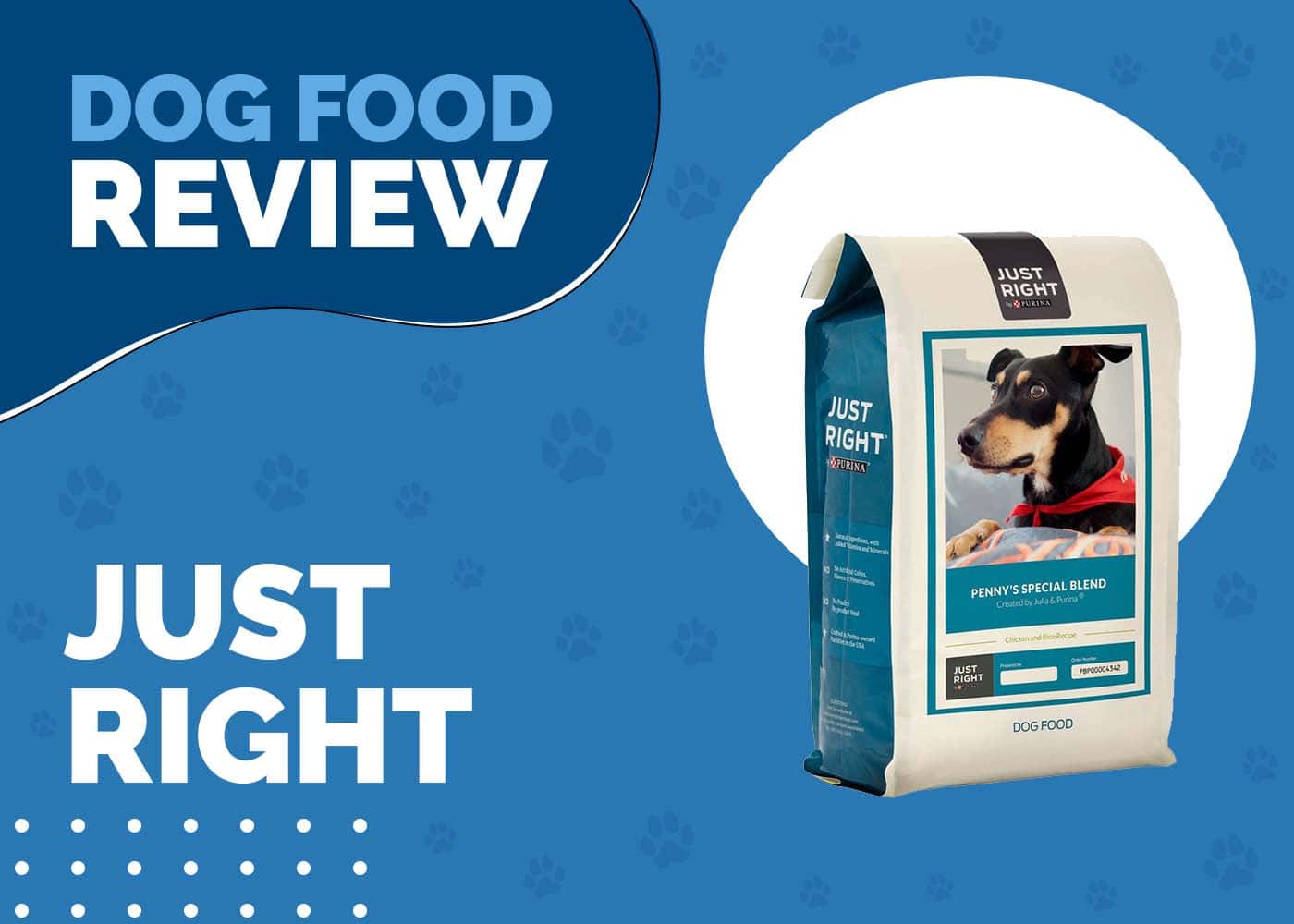Can Dogs Eat Ice Cream Cones? Vet-Reviewed Risks & Alternatives

Updated on

Click to Skip Ahead
As the sun shines brightly and the temperatures rise, there’s nothing quite like indulging in a delightful scoop of ice cream to beat the heat.
But what about our furry friends? On a hot summer’s day, can dogs also safely partake in this frozen delight? The answer might not be as straightforward as you’d think.
A little bit may be okay, BUT there are quite a few things to be aware of, the most important being that ice cream cones are not a healthy treat for dogs, and some flavors may contain ingredients that can be dangerous for them.
While the image of your furry friend happily munching on an ice cream cone may seem heartwarming, there are several important considerations to remember before you share your favorite treat with your four-legged companion.
Are Ice Cream Cones Bad for Dogs?
Ice cream cones, a delectable concoction made primarily from sugar, are not the ideal choice for our canine companions.
While a small bite might not immediately send your dog to the vet, the ingredients and nutritional content of ice cream cones can pose a range of potential health risks for dogs. On top of that, figuratively and literally, is the ice cream itself.
Lactose, sugar, and fat are all common denominators when it comes to ice cream.
- Chocolate: contains caffeine and theobromine, which is toxic to dogs.
- Raisins: grapes and raisins are highly toxic to dogs, so rum and raisin is a BIG no-no
- Xylitol: this artificial sweetener is often found in sugar-free gum, mints, cough drops, and some peanut butters. Although not commonly used in ice cream, it can sometimes be found in flavors that are sugar-free. Xylitol is EXTREMELY toxic to dogs, even in small amounts. Signs of xylitol toxicity in dogs include vomiting, weakness, lack of coordination, weakness, seizures, and in severe cases, liver failure. If you suspect your dog has eaten anything containing xylitol, this is an emergency.
Ice cream cones are primarily designed for human consumption. Packed with sugars and fats, they can be harmful to dogs when consumed regularly or in large quantities, and potentially lead to obesity, gastrointestinal issues, and pancreatitis.

Dogs vs. Dairy: Are Dogs Lactose Intolerant?
One of the key considerations when thinking about feeding ice cream cones to dogs is their ability to digest lactose, the sugar found in milk products.
While puppies can digest their mother’s milk, dogs tend to become lactose intolerant as they mature. This means that their bodies lack the necessary enzyme, lactase, to break down lactose, leading to digestive discomfort and upset stomachs.
Risks of Feeding Ice Cream Cones
Several risks come along with giving ice cream cones to dogs. Let’s recap on some of the most pressing concerns:
1. Toxic Ingredients
Some ice cream cones contain ingredients that are toxic to dogs, such as chocolate or xylitol, chocolate, or raisins. Even small amounts of these substances can lead to severe health issues, or even be fatal.

2. Obesity and Weight Gain
The high-calorie, sugar, and fat content in ice cream cones can contribute to weight gain and obesity in dogs, which in turn can lead to a range of health problems including joint issues and heart disease.
To provide the best for your dog’s health, it’s best to consult with your veterinarian regarding proper nutrition and dietary recommendations.
3. Lactose Intolerance
Although the cones are generally dairy-free, the ice cream usually isn’t. Ice cream is a dairy product. Dogs are lactose intolerant and are unable to properly digest dairy, which can result in discomfort, bloating, diarrhea, and gas.
While not all dogs may have the same intolerance to dairy as other dogs, ice cream and ice cream cones are still not recommended as a staple snack due to the nutritional imbalances that they may cause.

4. Choking Hazard
Although they can become softer when ice cream is inside them, ice cream cones are generally very hard. If your dog gulps them down, they can become a choking hazard.
What Are Safer Alternatives to Ice Cream Cones for Dogs?
If you’re looking for a way to treat your dog with a cold and refreshing treat while keeping their health in mind, there are plenty of safer alternatives to ice cream cones.
While many traditional ice cream cones and ice cream flavors are off-limits for dogs due to their sugar and dairy content, there are a few alternatives available that are specially formulated for canine consumption. These dog-friendly ice creams are often made with natural ingredients, and some are even lactose-free. When choosing a flavor, make sure it doesn’t contain any harmful additives, and as always, consult your veterinarian before introducing a new treat into your dog’s diet.
You might even think about making your own frozen dog treats.
Final Thoughts
Ice cream cones are not the best treat for dogs due to their sugar, fat, and calorie content, as well as the potential hazards found in some ice cream flavors.
However, with a bit of creativity and an understanding of your dog’s dietary needs, you can still find ways to share refreshing and enjoyable treats with your furry friend. When in doubt, consult your veterinarian to ensure that any treats you’re considering are safe and suitable for your dog’s individual health requirements. After all, a happy and healthy pup is the best companion you could ask for, and their well-being should always be at the forefront of your choices!
Featured Image Credit: Namkhang Chaiphut, Shutterstock












